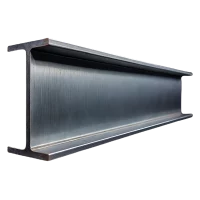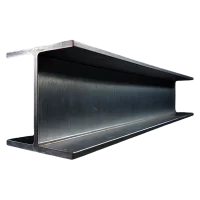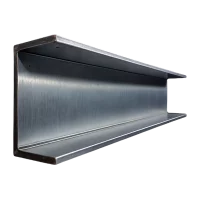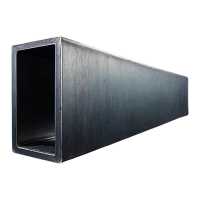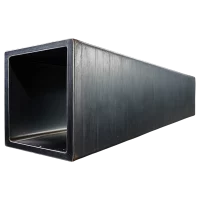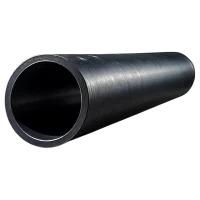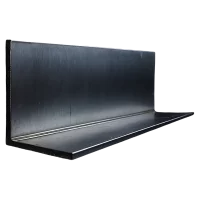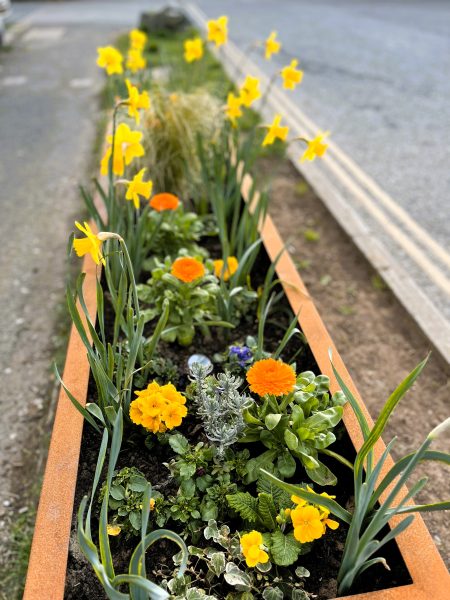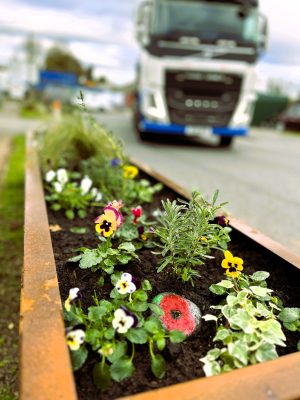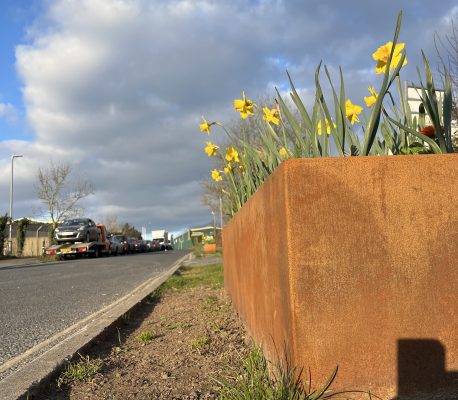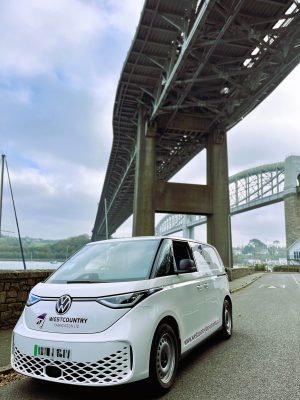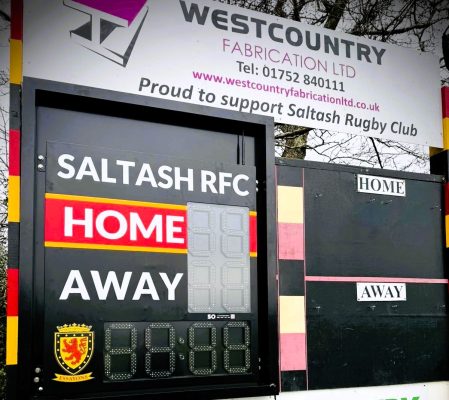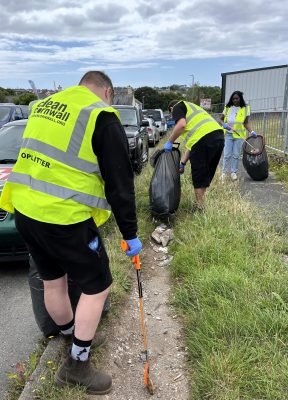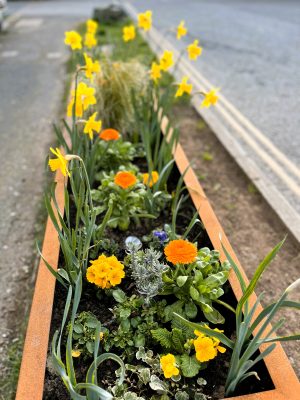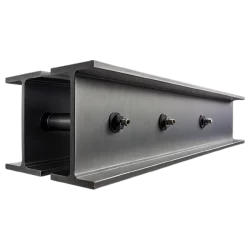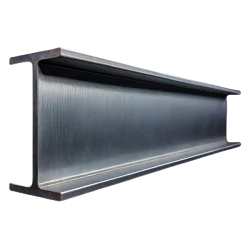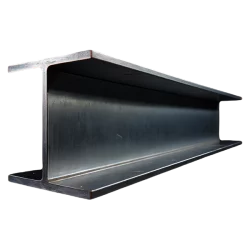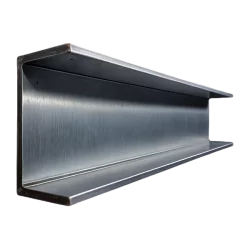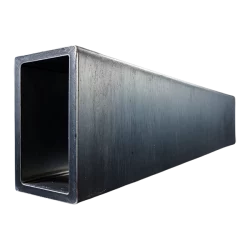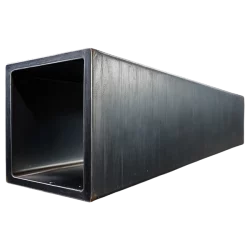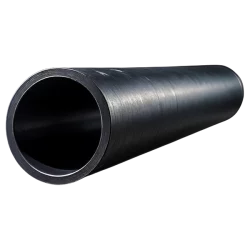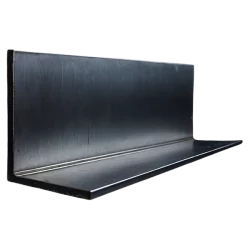Company News
Environmental and Sustainability Policy
Environmental and Sustainability Policy
This is not a cut and paste policy, as such we have included definitions at the start to aid interpretation of this unique policy and the context in which our small business is making a big impact.
Definitions:
‘Environmental’: Relating to the impacts of human activity on their surroundings.
Westcountry Fabrication Ltd consider impacts of our human business activity in a local and global context. Impacts on our immediate surroundings include in our workplace, our industrial estate and on any sites on which we work (primarily in Devon and Cornwall). Global impacts of our supply chain and less visible elements of our operations such as impacts on global warming are also evaluated.
‘Sustainability’: ‘meeting the needs of the present without compromising the ability of future generations to meet their own needs’ (The United Nations Brundtland Commission, 1987).
Westcountry Fabrication Ltd use the UN sustainable development goals as a framework, in the context of this policy ‘sustainability’ largely relates to meeting the business and social needs of the present (through providing secure, long term, well paid employment and a quality reliable product and service) with the ability of future generations to meet their own needs (by mitigating environmental impacts, supporting ongoing training and supporting progress towards sustainable practices within the industry as a whole).
‘Proper job’: A Cornish phrase for ‘a job well done.’
Given the Cornish heritage of Westcountry Fabrication Ltd it is no surprise that the phrase ‘proper job’ is one that serves us well. It encompasses our ethos that if a job is to be done, it should be done ‘well.’ And for something to be done ‘well,’ it should serve to benefit all stakeholders. This means benefits for our customers, our staff, our community, and the environment.
Carbon Reduction Plan (CRP): is a document that outlines a company's strategy to reduce its carbon footprint and achieve net zero emissions.
Westcountry Fabrication have evaluated our greenhouse gas emissions (GHGs), including our Scope 1, Scope 2, and Scope 3 in 2024. We measured CO2e, which is a metric that compares the climate impact of different greenhouse gases (not just Carbon), and it is based on the global warming potential (GWP) of each gas. We consider this to be our baseline Carbon footprint, which includes all emissions of Carbon dioxide or Carbon dioxide equivalent (CO2e) in each period. From this data we have formulated a Carbon Reduction Plan. This plan outlines our actions and contribution to national targets of achieving Net Zero by 2050.
Net Zero: a target of completely negating the amount of greenhouse gases produced by human activity, to be achieved by reducing emissions and implementing methods of absorbing carbon dioxide from the atmosphere. ‘The UK is committed to reaching net zero by 2050. This means that the total greenhouse gas emissions would be equal to the emissions removed from the atmosphere, with the aim of limiting global warming and resultant climate change’ https://commonslibrary.parliament.uk/research-briefings/cbp-9888/
We are committed to procuring steel from suppliers that have a clear net zero plan and climate goals aligned with SteelZero
‘To procure, specify or stock 100% net zero steel by 2050, and 50% lower emission steel by 2030’.
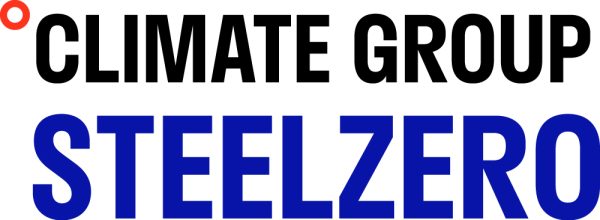
Biodiversity: the variety of plant and animal life in the world or in a particular habitat, a high level of which is usually considered to be important and desirable.
Westcountry Fabrication values biodiversity and are committed to improving biodiversity in our local communities alongside reducing any negative impacts on biodiversity that our business operation may have. With the support of a consultant ecologist, we have mapped the biodiversity of 10acres of land in South East Cornwall in 2024 which we have custody over, and from this have developed a Biodiversity Improvement Plan. Alongside this we have installed urban planters on our industrial estate and will continue to maintain and improve these for the benefit of biodiversity and residents.
Overview
Westcountry Fabrication Ltd is a metal fabrication and installation company that specialises in structural steel and architectural metalwork for domestic and commercial customers. We are based in Saltash, Cornwall and serve the South of England.
Aim
The primary aim of this policy is to minimise harms and increase environmental benefits associated with our business operation by ensuring that sustainability principles are fully integrated within all aspects of the company’s business operations.
‘Westcountry Fabrication are a company that aims to have a positive impact on the environment, society, and economy, and minimal negative impacts.’
We are committed to reducing our environmental impact and continually improving our environmental performance as an integral and fundamental part of our business strategy. We encourage our customers, suppliers, and all business associates to do the same. Not only is this sound commercial sense for all; it is also a matter of delivering on our duty of care towards our community and future generations.
Scope
This policy applies to all Westcountry Fabrication Ltd employees, consultants and third parties who undertake activity for and on behalf of Westcountry Fabrication Ltd. It applies to our direct operations and the products and services we provide to our customers and to the goods and services we procure.
Objectives
Objectives are detailed under four main headings:
1) Carbon Reduction Plan:
Most of our environmental objectives are captured under our carbon reduction plan, this includes monitoring and measurement of Scope 1, Scope 2, and Scope 3.
2) Biodiversity Improvement Plan:
Westcountry Fabrication recognises that, whilst carbon reduction is important, biodiversity loss is an increasing concern. As such we have set specific objectives relating to biodiversity here.
3) Community Improvement Plan:
Community is at the heart of Westcountry Fabrication Ltd. To ensure that, as our business develops, we celebrate and continue to hold community at our core we have set specific objectives relating to community improvement.
4) ISO14001 Environmental Management Certification Plan:
To ensure that our efforts are audited and accountable, Westcountry Fabrication has chosen to pursue certification to ISO14001. Further details of our objectives, actions and KPI’s are included in Appendix 1.
All staff are responsible for following this policy and implementing actions to reduce harms and increase benefits in daily operation of the business. Samantha Hammond is responsible for monitoring waste production, energy usage and supplier sustainability. Samantha Hammond is also responsible for identifying opportunities to reduce and offset our environmental impact. This policy and relevant outputs are monitored annually in Management Review Meetings and actions are added to our quality objectives action plan when required.
To report any issues related to Environmental and Sustainability Policy linked to this business please contact: Samantha Hammond, Director at Westcountry Fabrication Ltd Tel: 01752 840111
Signed: Samantha Hammond (Director)
Date of next review: 25th February 2026
Appendix 1: Environmental and Sustainability objectives, actions and KPI’s
All objectives and targets are reviewed at annual management review meetings at least once a year.
1) Carbon Reduction Plan:
To achieve net-zero emissions by 2050, Westcountry Fabrication Ltd. will prioritize the following initiatives:
| Objective | Actions | KPI |
| Priority 1: Reduce Scope 2 emissions by transitioning to renewable energy sources and improving energy efficiency across the company.
|
|
|
| Priority 2: Reduction of Direct Emissions (Scope 1). Minimize Scope 1 emissions from fuel use and on-site processes.
|
|
|
Priority 3: Sustainable Supply Chain Management (Scope 3)
|
|
|
2) Biodiversity Improvement Plan
| Priority 1: To increase biodiversity in our local area |
|
|
| Priority 2: To reduce any negative impacts of our work on biodiversity |
a) Liaison with customers working as main contractors in the construction industry and consideration of Biodiversity Net Gain legislation b) Liaison with suppliers about impact through the supply chain on biodiversity, from source materials to end products. · Once understood, work with suppliers and customers to mitigate negative impacts on biodiversity.
|
|
3) Community Improvement Plan
| Priority 1: To contribute to building community local wealth in Devon and Cornwall by actively engaging with the local community through practices like sourcing goods and services locally, supporting local initiatives, reinvesting profits back into the community |
|
|
| Priority 2: To contribute our time for the benefit of the local community |
|
- |
4) ISO14001 Environmental Management Certification Plan
| Priority 1: To achieve ISO14001 certification in 2025 and maintain it in 2026 |
|
|
